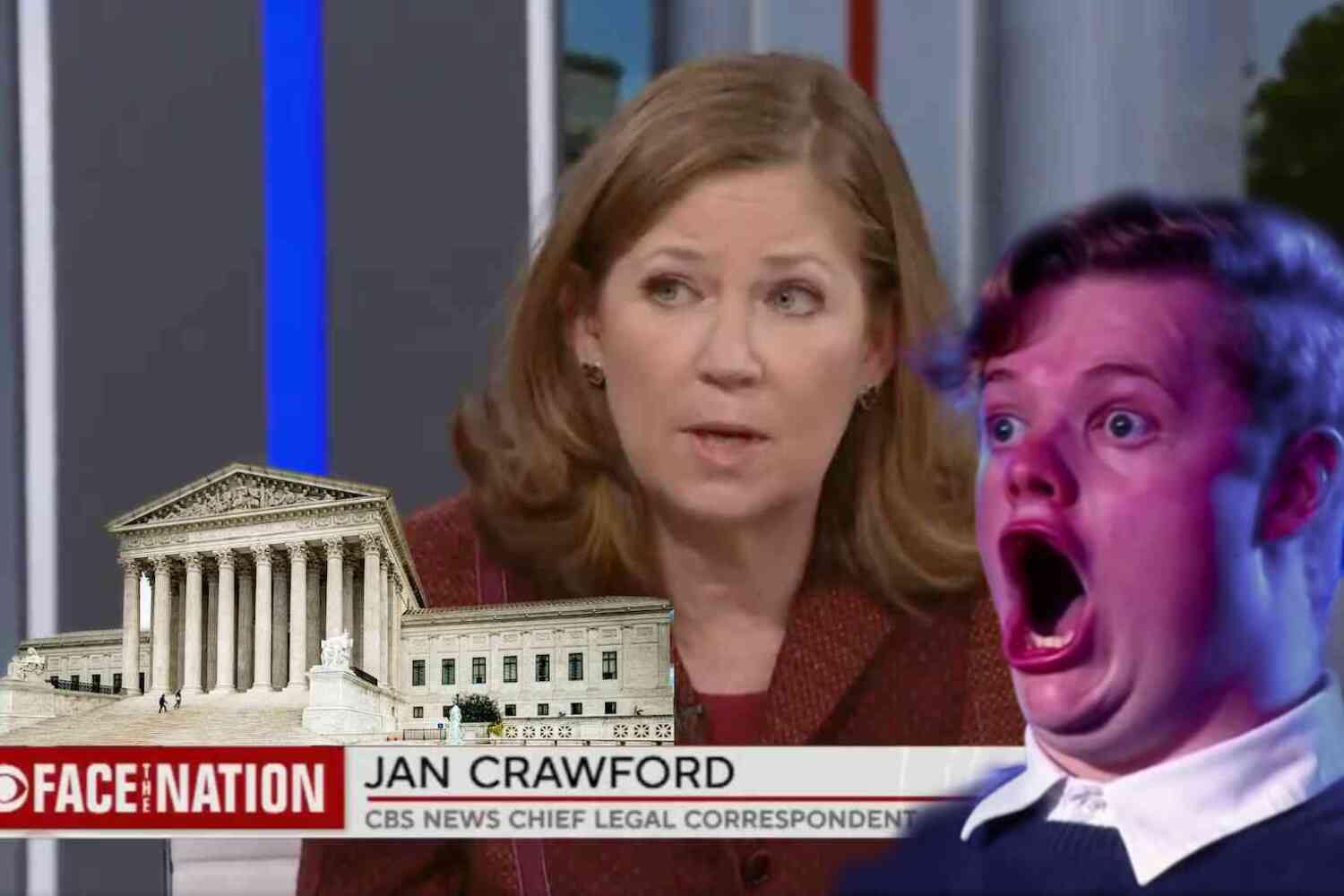3. Without some standard of good, there'd be no such thing as bad.
There is much that is bad and seemingly meaningless in the universe. And, incredibly, the universe has produced creatures who are aware of this. There are only two views that address these facts. One is the Christian view, which says that the world used to be good but has since gone bad. The other is dualism, which says the universe is a sort of battlefield where the powers of good and evil wage war against each other. But there is a problem with dualism: any appeal to a standard by which the powers of good and evil could be judged must assume a source for that standard, and this source would have to be of a higher order than either power. This points us to the real God.
Without a real God, dualism must have a bad power who prefers evil for its own sake. But in real life, we do not find people who are drawn to what is bad just because it is bad. We can be kind when we don't feel like it, simply because it is the right thing to do. But no one has ever been cruel just because being cruel is wrong. This makes sense when we consider what badness is. Badness is always the pursuit of some good thing—whether it be money or sex or power—in an inappropriate or excessive way. Unlike goodness, badness doesn't exist on its own, in its own right. It can only be understood as the absence of goodness, or a distortion of something good. Normal sexuality, for example, is simply itself, while sadism is a perversion of normal sexuality.
Looking for more insights?
Mere Christianity - Key Insight 1 of 12
Mere Christianity - Key Insight 2 of 12
Mere Christianity - Key Insight 3 of 12









